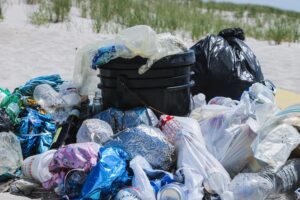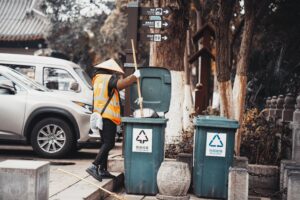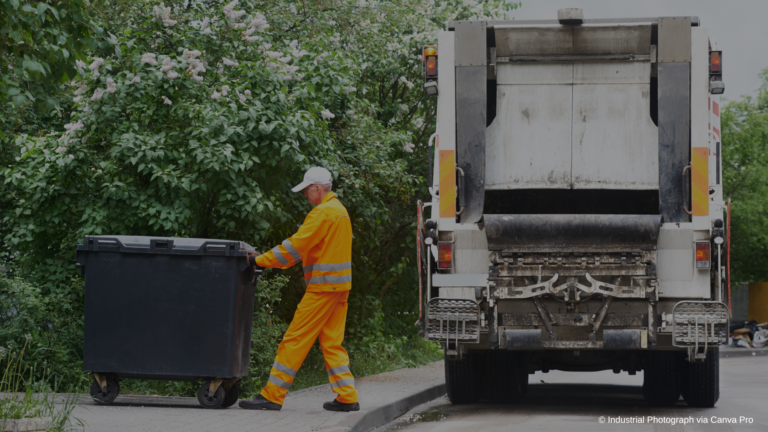The Problem
People’s behaviour, especially as consumers, plays an important role in plastic production and consumption.
The demand for convenience among consumers has contributed to a significant increase in the consumption of single-use products, which, in turn, contributes to substantial plastic consumption and pollution.
Waste prevention depends fundamentally on changes in the attitudes and behaviour of individuals and businesses, and on a transformative shift in industrial processes and product design. This refers to practical actions that reduce the quantity of materials prior to materials and products becoming waste.












